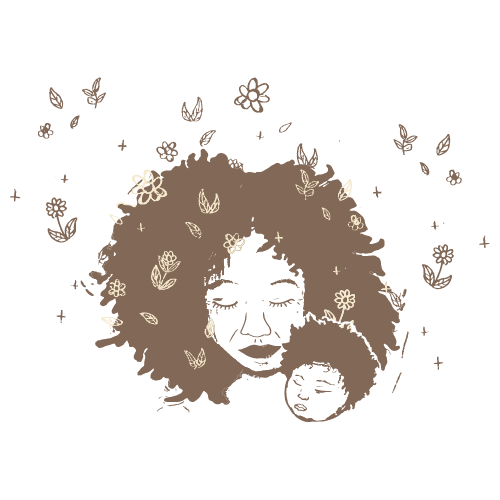Can I Have Alcohol While Breastfeeding?
When it comes to moms getting advice about alcohol and consumption during the breastfeeding journey, it is hard to know what is appropriate and what classifies as a big “no-no”. While there is a fair warning to not consume alcohol while pregnant, having a few drinks while breastfeeding is not clearly understood by most first-time parents. Social media and friends may tell you the saying “If you can find baby, you are good to feed”. That alone is not enough to fully be informed on what decision is appropriate for you and your family when it comes to breastfeeding and alcoholic drinks. This topic is not well studied and difficult to survey as only a few controlled scientific evidence studies have been conducted.
The mechanism of creating breastmilk.
Human milk is actually a product made from the blood. So when consuming alcohol your liver works first to metabolize the alcohol, before entering your bloodstream. Any alcohol in your blood will be passed into breast milk. In general, less than 2% of the alcohol dose consumed by the mother reaches her milk and blood. The peak level of alcohol in maternal blood and in the milk occurs approximately 30-60mins after drinking session and declines thereafter. Of course, many factors go into this, and is a general timeframe. When drinking it is great to consider factors such as:
Weight of Parent
How Long Will you be Drinking
Drinking on Empty Stomach
Age of Infant
Pump and Dump
The idea that pumping and dumping to quicken the elimination of alcohol in breastmilk is a myth. As long as there is a substantial amount of blood alcohol in the mother, the newly produced milk after a pump and dump will still coincide with the levels found in the blood.
The effects of breastfeeding and alcohol
A presumed effect in our culture of alcohol consumption is that it will relax the infant and make the sleep pattern longer. Studies have shown that infants slept for shorter periods of time hours after receiving breastmilk when mom had an alcoholic drink, having more disruptions during the REM stage. Babies may consume less milk containing traces of alcohol, about 20% less but still enough for satiety. Not necessarily because of taste either. If anything, research has shown that short-term alcohol consumption has a more direct effect on the sensory characteristics of breastmilk, such as odor, which in turn changes the behavior of infant feeding.
In some cultures, it is believed that lactation can be optimized and increased by having the mom drink alcohol. Alcohol was seen as a galactagogue, meaning that it promoted lactation. The idea of alcohol, more specifically beer, increasing production came about when brewed beers would historically have lower alcohol content and had ingredients such as malted barley, barley, and other herbs. It was not the alcohol increasing production but rather the barley and oats that contain beta-glucan which increases prolactin and thus increases milk production. Drinking alcohol alone can inhibit the release of oxytocin, which will inhibit the milk ejection reflex. If your breast cannot effectively empty, your body is told to not continue to make milk and in return, your production decreases.
There are safe ways to occasionally have a drink
Hold off feeding baby at least 2 hours after the last drink.
Pumping or feeding before or while having the first drink.
For relief or if needed, pump and save milk for other occasions if you are not comfortable with feeding it to your child.
Find childcare for the time you will be drinking and a few hours after.
Do not bed share while consuming alcohol
The Dietary Guidelines for Americans define one drink as 12 ounces of 5% beer; 8 ounces of 7% malt liquor; 5 ounces of 12% wine; or 1.5 ounces of 40% liquor (80 proof).
Of course not drinking at all would be most safe. Hopefully this blog, however, gives you the information you can use to make a knowledgeable decision when partaking in festivities including alcohol. Education will help with safely feeding baby and also enjoying activities for yourself. Plan accordingly and cheers to an enjoyable breastfeeding journey!
Written By:
T’Kia Walterscheid
IBCLC, CLC, Doula
https://pubs.niaaa.nih.gov/publications/arh25-3/230-234.htm
Mennella, J. A. , and Beauchamp, G. K. The transfer of alcohol to human milk: Effects on flavor and the infant' s behavior. New England Journal of Medicine 325: 981 985, 1991.
Mennella, J. A. , and Beauchamp, G. K. Beer, breast feeding and folklore. Developmental Psycho-biology 26: 459 466, 1993.

